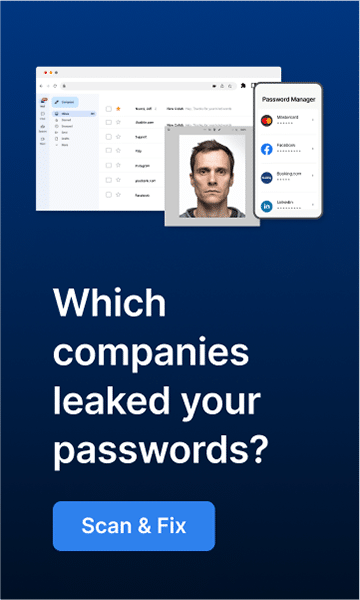Being a business owner comes with many responsibilities. Paying your employees on time, taking care of business taxes, and of course, making a profit from your work. However, these are not the only things to worry about.
Nowadays, businesses manage a lot of sensitive data online, and protecting it from cyberattacks is also important. It doesn’t matter if you have a big, medium, or small company. All of them are susceptible to cyberattacks.
Nevertheless, big companies might have a larger budget to implement strong cybersecurity measures, while small businesses can overlook many things making them more susceptible to these attacks. The majority of cybercrime (61%) targets small enterprises, according to Symantec’s “Internet Security Threat Report.”
Here are ten useful tips to make your small business cyber secure:
1. Keep software up to date:
It is important to keep your company’s devices up-to-date and to monitor the software for any security holes. This is easy to do, but many people postpone it. If you don’t keep your software updated, you will be vulnerable to hackers who can find security holes in your software.
2. Pick A VPN:
VPNs are a way to have online privacy and be anonymous. They make it hard for people to track what you do online. Most importantly, they keep your information safe and protect your privacy. This is useful for small businesses that don’t have their own network and for employees who work from home.
3. Install a browsing protection tool:
A lot of attacks like phishing, malware, or hijacking can take over your device for navigating the web unprotected. With Guardio extension, you can make sure no one in your company is going to visit harmful sites or make dangerous downloads when browsing. Guardio blocks all the fake sites and warns you when you are about to download a file from an untrusted source.
4. Use antivirus and a Firewall:
Firewalls are used to restrict network traffic in a system by creating barriers for incoming traffic, whereas antiviruses defend systems against internal assaults by recognizing or detecting hostile malware and viruses. Using both of these protection tools is a good idea. Firewalls inspect the data that comes from the internet to your computer. Antiviruses look for malicious programs and remove them.
5. Educate your employees about cybersecurity:
Employee negligence is the leading source of cyber attacks, accounting for 47%. Diminishing the likelihood of being hacked, is to ensure all your employees are competent in IT. Create cybersecurity policies and communicate to all business levels.
6. Implement multi-factor authentication:
2FA works by requesting information from two different sources- something you know, like a password, and something you have, like your phone. This makes it significantly more difficult for someone to hack into your account. To log in with 2FA, you’ll need your password as well as a code from a text or app on your phone or security key.
7. Protect Your Personally Identifiable Information (PII)
PII is any information about you that could be used to identify you directly or indirectly. We must protect all the personal information we create and share on the internet. If we don’t, hackers or identity thieves could get their hands on it and use it in harmful ways. Make sure you and your employees are not sharing this data through social media or the internet.
8. Avoid using public Wi-Fi networks:
Cybercriminals monitoring unsecured connections steal sensitive information such as account login credentials. Malware is sometimes distributed via public Wi-Fi, which is used by criminals to target connected devices. Criminals establish fake public Wi-Fi hotspots that mimic real networks and entice users into connecting.
9. Back up your information:
Ransomware attacks are successful because people and small businesses don’t back up their data regularly. If you haven’t backed up your data previously, then paying the demanded amount is your only chance at retrieving it.
10. Create Strong Passwords Using A Password Management Tool:
Choose a good password manager and let the password generator work, store the password in your password manager secure vault. Always use different passwords to your accounts and avoid using personal information on them, like names, dates, etc. Also, avoid writing consecutive numbers.
Conclusion:
Following these essential cybersecurity tips for small businesses will help keep your data and privacy protected. Implementing multi-factor authentication, using a browsing protection tool, and educating your employees are just a few ways to protect your business. Backing up your data is also crucial in the event of a ransomware attack. Creating strong passwords using a password management tool is another way to help keep your information safe. Following these simple steps can help keep your business safe from cyber threats.

